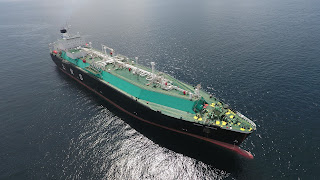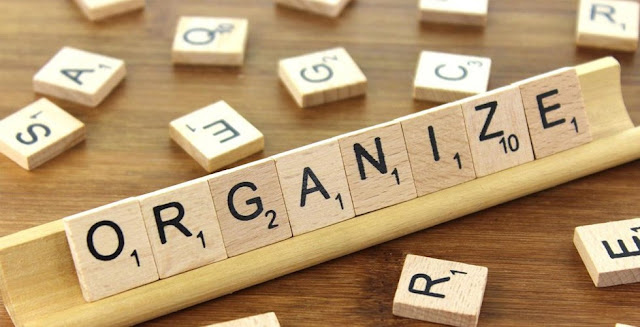PLANNING SHIPBOARD DRILLS
When planning a drill, it is better to have a meaningful one where the crew use the life saving and fire fighting appliances and systems onboard, as this will build confidence that the systems will work effectively in an emergency.
It is the responsibility of each crew member to know where their emergency station is and what responsibilities and duties for each emergency. it stands to reason that conducting drills frequently will provide the crew with the opportunity to gain experience and confidence on using the safety equipment in addition to developing as a team.
Frequent crew changes can make it difficult to ensure that all crew have taken part in drills. It is therefore important that drills scheduling is properly implemented.
Each drill should be planned to ensure that on a rotating basis all safety equipment is use and training is given in its use. They should never be regarded as in obligatory task that is merely carried out to meet regulatory requirements. Whether they are emergency drills required by SOLAS or additional drills designed to improve the competence of crew. Drills should be carried out with the same amount of diligence and seriousness. They should not be rushed, regular practice will improve the efficiency in performing the tasks.
Any difficult elements should be explained to the crew. Their experience is important in determining how quickly a drill or certain elements of a drill can be carried out. SOLAS requires drills to be conducted as if it is an actual emergency. It is important that drills are carried out in a safe manner, and therefore, any elements that may involve risk shall require special attention or should be removed from the drill. It is also important that those crew who have experienced an emergency must share their experience to other crew for additional knowledge.






Comments
Post a Comment